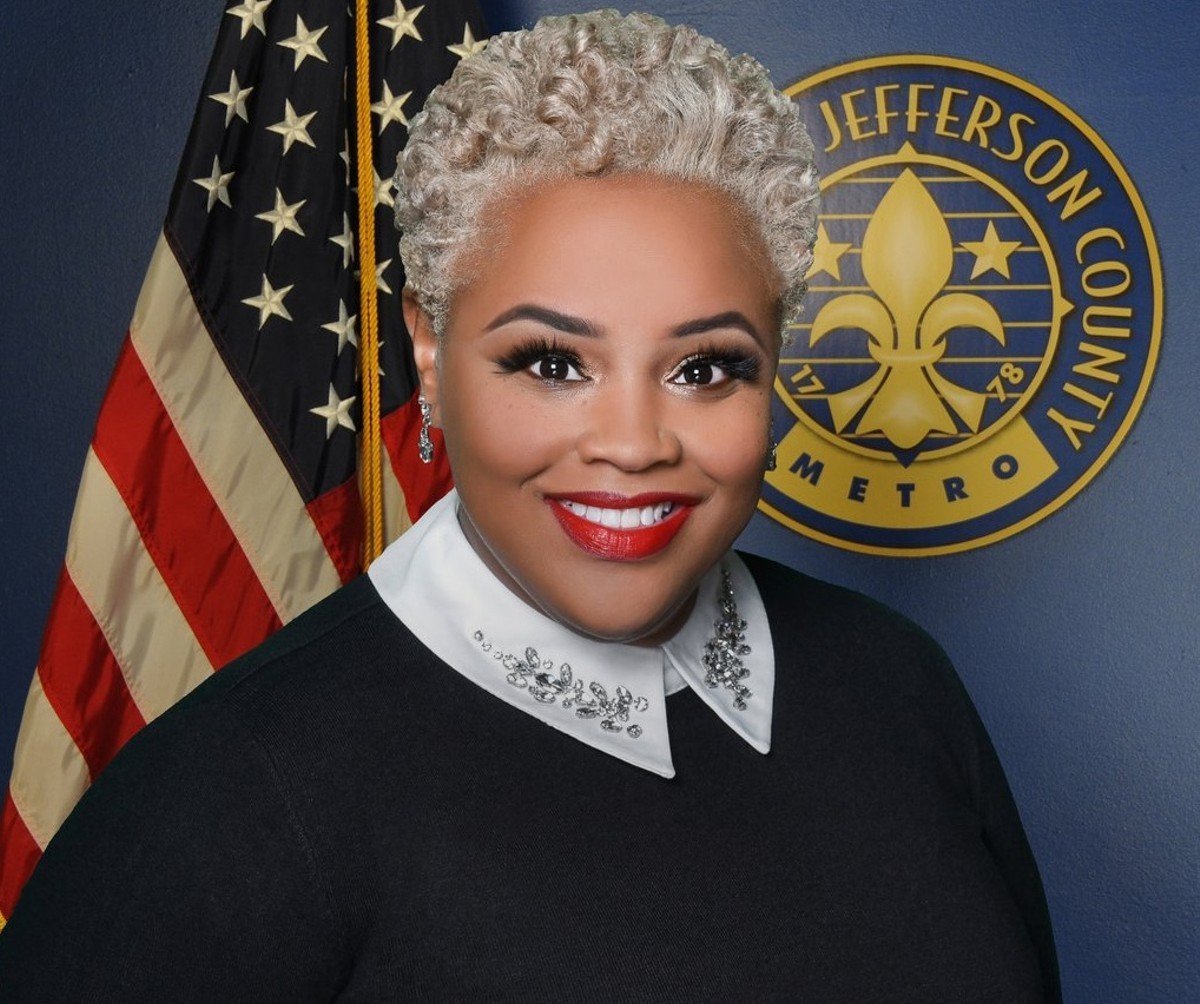When an employee is relieved of their duties, often the employer spins a narrative around that dismissal that makes it seem like it was the employee’s fault. Sometimes, it is the employee’s fault. Sometimes, the system of protecting the status quo, regardless of how wrong and toxic that environment is, takes precedence over the employee who was sacrificed to maintain it. This happens more if you are a person of color.
Right now, Keisha Dorsey, the former deputy chief of staff for Mayor Craig Greenberg, is fighting this fight. She was fired from her job while on an approved medical leave. The city claims Dorsey was missing work, falsifying records, and other misconduct including what they called “dishonesty” — a very loaded phrase for Black women at work. Dorsey says there are systemic issues that have affected not only her but other female and minority employees throughout the city. Particularly, under the Greenberg administration.
I think there is something to be said about that, as Greenberg seems to have had a rocky run as Louisville’s mayor so far. Greenberg has seen a fair share of ethics complaints about him, his wife and charges of nepotism and favoritism for his wealthy friends and their children. He’s received criticism from Metro Council and the public for his reneging on promises and working on bad policies with Republicans.
Dorsey is being supported by local organizations who see a similar pattern to the treatment of Black and other women in positions of leadership.
On Sunday night, in a panel held by the Kentucky Alliance Against Racist and Political Oppression, Kathleen Parks, the president of the National Action Network in Louisville had this to say,
“It seemed to be just from my perspective, that there is a pattern here of women, especially Black women, that have been terminated from key positions, high profile positions."
Parks also said that there was a similar pattern in terms of treatment and personnel practices in Dorsey's situation.
The organization has put its support behind Dorsey.
Like most of these firing cases, it is a matter of fingers pointing in either direction and folks lining up in alliance on either side.
Who is right? That is something that may never be answered because what we have is one woman against a system built to protect itself. Even if it is found liable, it will still find a narrative to protect itself.
What I do know is that as a Black woman in a white workplace, you are so often up against the whims, forces and perceptions of people who don’t know or understand who you are.
Some years back when I began writing for LEO Weekly, I shared my own story of being let go from a job after a white woman, named Karen (y’all don’t know the giggles I’ve had since), turned on the faucet of phony tears to claim that I’d been harassing her when… I wasn’t. The idea of it is so antithetical to who I am and funny. White women in the workplace are often far more concerned about you than you would ever be about them. This woman had a definite pattern of harassment of me and other employees.
Similar to Dorsey’s complaint, there had been a pattern of Black women and men being removed from their positions due to a random series of made-up offenses including dishonesty.
If you’re a Black woman in the workplace, what you can’t do is just be regular and do your job. You may not be late. You may not be unhappy, sick or sad. You can’t dislike a coworker and avoid them. Basically, if you are a Black woman, you may not have any human emotion or response nor expect grace and compassion if you do.
The force of the events that followed my own run-in with workplace Karen were at first nightmarish — being made to work in a room that was a supply/copy room, being called almost everything short of a welfare queen by a gaggle of snow chickens in a meeting where I had little chance to speak, and being asked to sign a document that was a complete fiction made up by the HR director. When I refused to sign, the abuse ramped up.
Had I done anything different in my job before this? I finished my graduate degree, applied for a position of leadership that I was uniquely qualified for. In short, I stepped outside of their perceptions and became a “threat.”
For me, this situation now looks so ridiculous, and the people involved so very pathetic that I laugh and thank them from afar for freeing me from that trainwreck to a much better, happier, and healthier life. Sometimes we don’t know that we’re being freed.
In Dorsey’s complaints, she’s asked for an investigation of 33 other firings of female employees including that of former Police chief Erika Shields and interim acting police chief, Jacquelyn Gwinn-Villaroel. Gender and racial discrimination in the workplace is still very much a concern and active.
When I read this, I was reminded of my own when I cited several other Black people who were fired ahead of me. Like Dorsey, I filed complaints with little to no avail. Many of these committees hearing the complaints do little unless you’ve been called the “N” word on tape more than once.
For Dorsey’s sake, I’d love to see her complaints result in a change. I’m not hopeful because I’ve seen it too many times before and when we talk about allyship and showing up for racial justice, there likely won’t be any change until those folks do this in the workplace and not just within the convenience and space of rallies or demonstrations.
What I know is that for Black women the fight up the ladder of success is marred by barbs along the way. It is time for new rules, new organizations and new fights to make system-wide shifts. It is time for us to create these mechanisms because we can’t rely on ones that have been shaped by the very people holding the wheel of these businesses who continue to put white and male interests ahead of all others.








